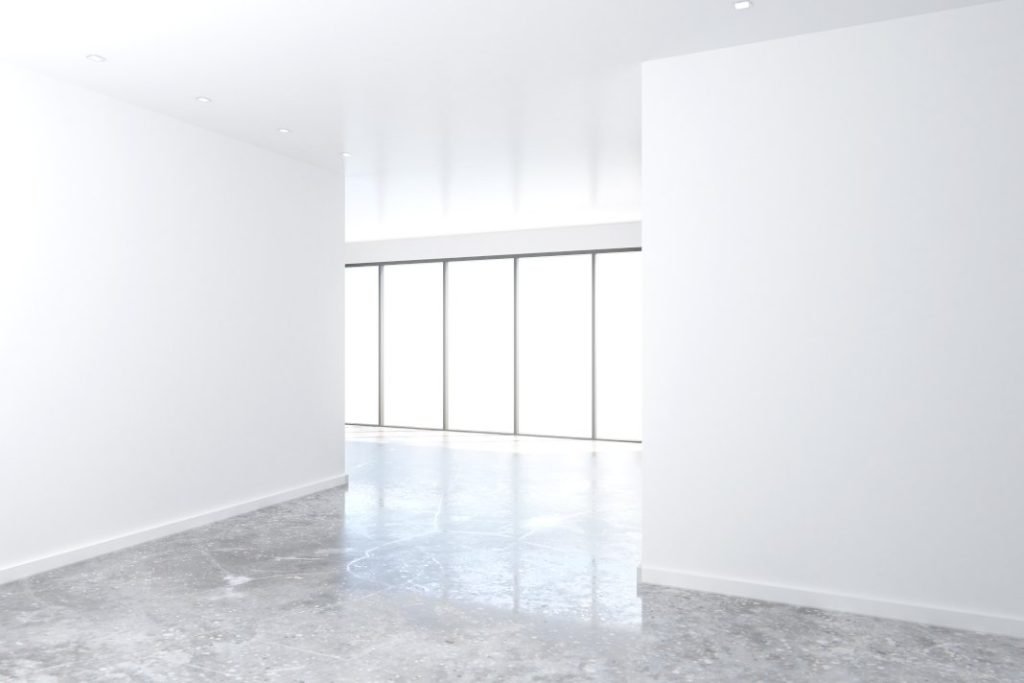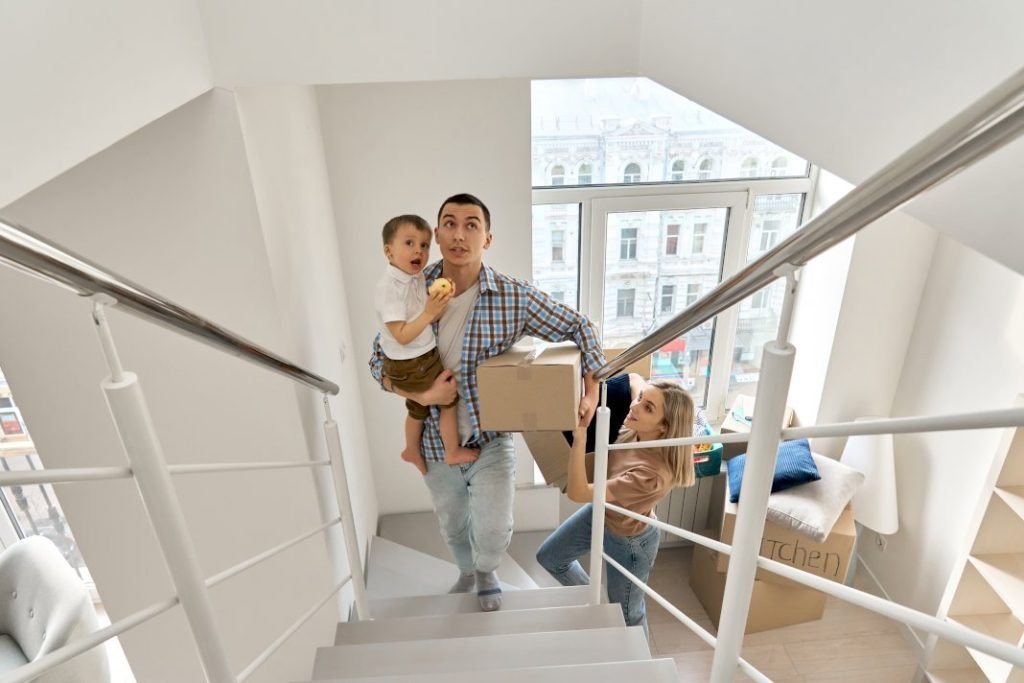- Maintain and declutter the apartment to make it attractive for potential tenants.
- Perform regular maintenance and upkeep of the rental unit and last-minute repairs before showing it off.
- Remove all personal items from view and consider adding extra touches like new paint jobs or furniture.
- Become familiar with the laws applicable to rental properties, including security deposits, lease agreements, and evicting tenants.
- Attend to tenants’ needs by providing a safe living environment and enforcing rules in the lease agreement.
Renting out an extra apartment can be a great way to boost monthly income, and it is a lucrative investment for many landlords. Every year, the rental market continues to grow as more and more people choose to rent their living space instead of buying a home. The number of renters in the U.S. has increased by 11 percent since 2010, representing roughly 43 million households.
In addition to the growing demand for rental housing, numerous tax benefits are available to landlords. Owners who rent out an extra apartment may be eligible for deductions on mortgage interest payments, property taxes, and other expenses related to running their rental business. These financial incentives make renting out an extra apartment an attractive option for anyone looking for additional sources of income.
However, preparing the rental unit and finding tenants can be daunting. Here are some tips on what steps to take when using your apartment for rent:
Maintain and Declutter

Making sure the apartment is ready for occupancy will be challenging, mainly when you used to live in the unit yourself. There is a massive difference between living in a place and renting it out. If you want tenants to feel like they are moving into a brand new home, here are a few steps you should take:
Maintenance and Upkeep of Rental Unit
Ensuring your rental unit is in good condition is essential for attracting reliable tenants. Regular maintenance and upkeep ensure the apartment is safe, comfortable, and desirable for prospective renters. As a landlord, you must keep all apartment areas clean and up-to-date with necessary repairs or replacements. This includes painting walls, replacing fixtures, repairing leaking pipes, or replacing outdated appliances.
Last-Minute Repairs
Before showing off the rental unit to potential tenants, you’ll want to check for any last-minute issues needing attention. This can include changing light bulbs, tightening loose door handles, or fixing broken window panes. These minor repairs can help make the living space more attractive and welcoming to potential renters. It’s also important to check that all outlets are working correctly and there’s no visible damage from water leaks or other hazardous conditions to protect yourself against liability claims from tenants later down the line.
Remove Personal Items
When using your apartment for rent, it’s essential to remove all personal items from view before allowing anyone inside for a tour of the space. Removing furniture like bed sets or entertainment centers can make a difference in how much available space a tenant perceives when evaluating whether this is an ideal place for them to live in long-term. Of course, most items you must remove could be cluttered. You won’t need to move to your next home. As a result, you could save time and money by renting a roll-off dumpster rental to help with all of the disposables.
Add Extra Touches
Adding extra touches like fresh paint jobs or new furnishings can help boost interest among potential tenants while also increasing rental rates you can charge for each month they decide to stay at your property instead of somewhere else in town where they could find more affordable places but perhaps not as lovely as yours overall when considering types of amenities offered compared side by side with similar sized units available elsewhere locally nearby too!
Learn the Rules and Regulations
Renting out an extra apartment can be lucrative but comes with risks. Before renting out any property, landlords must become familiar with the rules and regulations applicable to their area. Failing to do so could result in costly fines or even tenant lawsuits.
Every state has laws about rental properties, including security deposits, lease agreements, evicting tenants, and noise ordinances. Landlords need to know their rights as well as the rights of their tenants before entering into a rental contract. For example, it’s illegal for a landlord to increase rent without proper notice or evict a tenant without going through the necessary legal steps. These violations can easily lead to costly consequences if not correctly handled beforehand.
Another essential factor to consider is insurance coverage for your rental properties. As a landlord, you must protect yourself from potential liabilities should something happen on your property during a tenant’s stay. This could include anything from fires and flooding to accidents or vandalism caused by tenants or visitors on-site. Having insurance will help cover any costs related to these unfortunate events, so you don’t have any surprises coming out of pocket in the future.
Attend to Tenants’ Needs

Of course, being a landlord means more than just renting out an extra apartment. It also requires attentiveness and responsiveness when tenants request or complain.
A well-maintained rental property can make all the difference in attracting and retaining tenants. Showing you are proactive about maintenance issues will help build trust between you and your tenants, keeping them satisfied in the long run. Providing a safe living environment for your renters is of utmost importance because it’s their home too!
Of course, the case changes when you have rowdy tenants. They might be noisy or disrespectful of the property. In these cases, enforcing the rules and regulations set out in the lease agreement is essential. If these issues persist, you can consider evicting them from the premises if necessary.
Final Thoughts
By following these steps when renting your apartment, you can rest assured that you can manage your rental unit with confidence and success. With a bit of preparation and attention to detail, those extra apartments can become reliable sources of income!